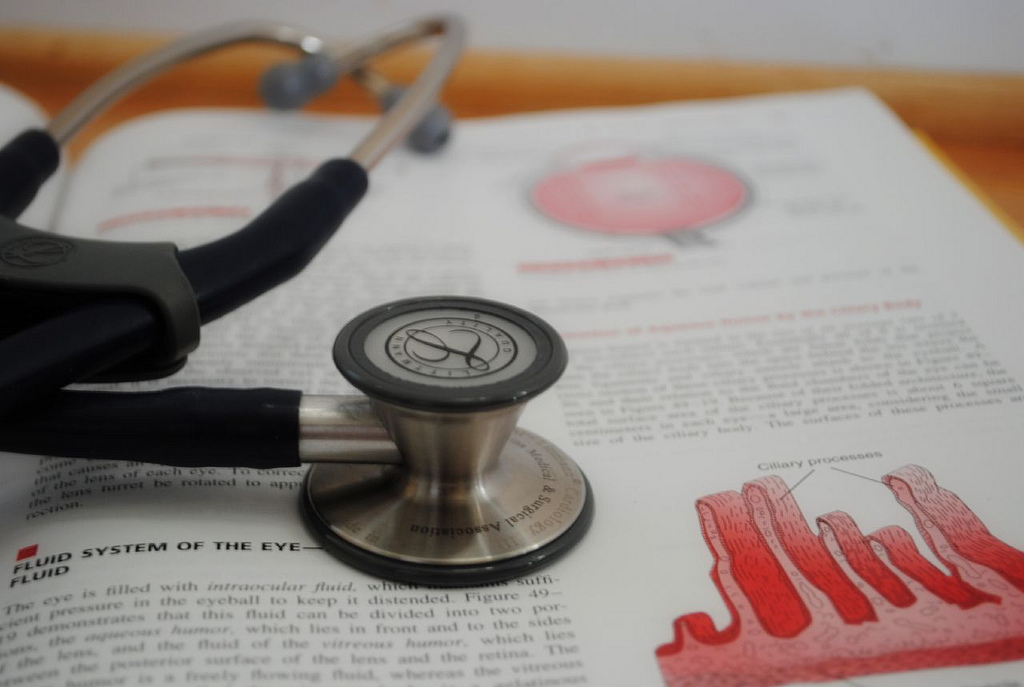Should Culinary Classes be Incorporated in Physician Assistant Programs?
/Image Credit: Slice of Chic
Nutrition is a key component in controlling a vast number of medical conditions. While diet may not entirely counter these ailments, it remains an important factor in their management. In recent years, we have seen a shift in the food industry promoting healthy eating and calorie counting. By July 2018, nutrition labels will look different than they do now. One of the major changes will be that the amount of added sugar will be specified.
While PAs are taught the importance of low sodium diets in patients with hypertension, and to encourage diabetics to control their sugar and carbohydrate intake - is this generic advice enough to make a difference? PAs learn all things medicine throughout training, yet one of the greatest health influences is not stressed enough - nutrition.
Even though providing patients with some suggestions of alternatives in place of their favorite snacks is a great idea, it is not enough dietary knowledge to guide them to make better food choices. I know what you're thinking, isn't that what nutritionists are for? While nutritionist and dietitians are critical in patient care, every patient diagnosed with a condition that requires dietary modifications is not typically referred to these specialist nor do they need to be.
Interestingly, some Medical Schools have begun bringing doctors into the kitchen to provide them with skills to give better dietary advice. The Goldring Center for Culinary Medicine at Tulane University is pioneering this change. Their mission is to train physicians on how to prepare food, incorporate healthy eating, and how to help patients improve their diet.
While PA programs have not yet integrated such coursework, I strongly believe that this should be a fundamental component of our training. How can we propose healthy eating habits without any formal training? After all, food is medicine.
What are your thoughts?












